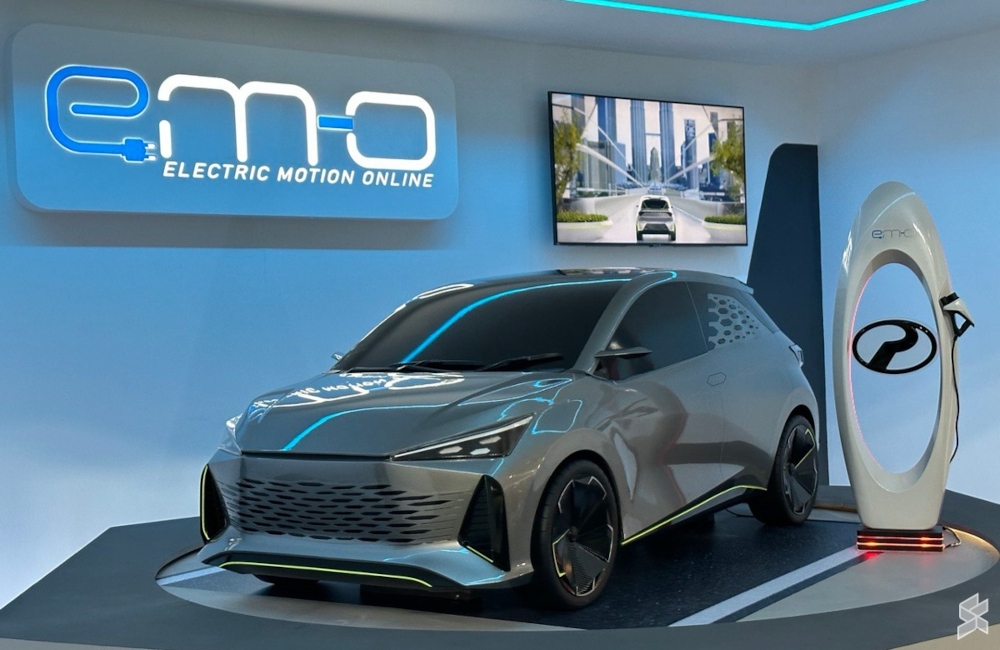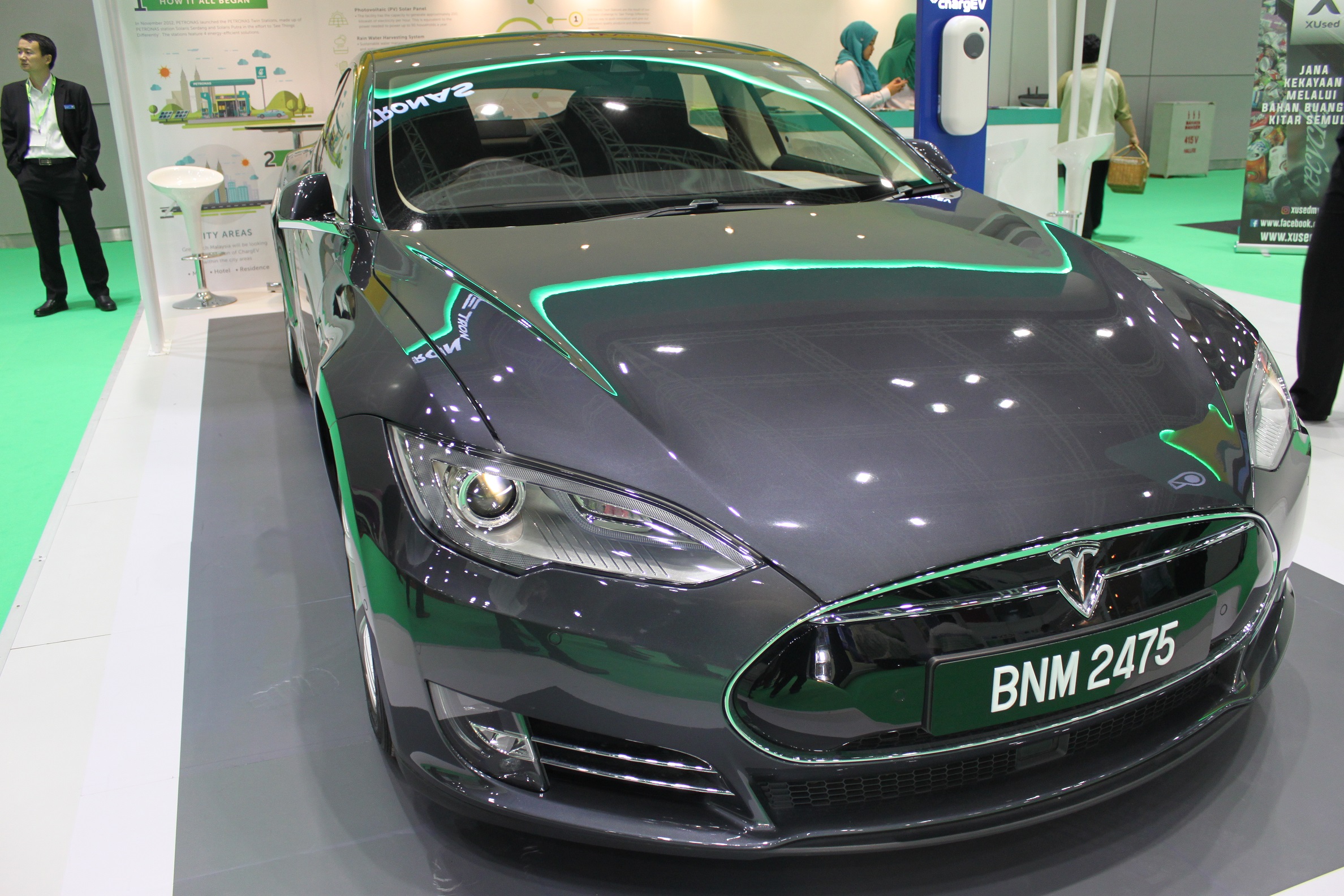Electric cars are gaining popularity in Malaysia due to their environmental benefits and cost savings. The Malaysian government supports this shift through various incentives.
The rise of electric cars Malaysia marks a significant shift towards sustainable transportation. The government’s incentives, such as tax exemptions and rebates, encourage the adoption of electric vehicles (EVs). These incentives make EVs more affordable for the average consumer.
Major automakers have introduced several electric models in the Malaysian market. Charging infrastructure is expanding rapidly, making it easier for drivers to switch. With reduced emissions and lower running costs, electric cars offer a compelling alternative to traditional vehicles. As awareness and infrastructure grow, Malaysia is poised to become a leader in electric mobility in Southeast Asia.
Introduction To Electric Cars
Electric cars in Malaysia offer a sustainable and efficient alternative to traditional vehicles. These eco-friendly cars reduce carbon emissions, promoting a cleaner environment.
Rise Of Electric Vehicles
Electric cars are gaining popularity in Malaysia. More people are choosing electric vehicles over traditional cars. These cars run on electricity instead of petrol. They are also much quieter and smoother to drive. Many companies are now producing electric cars. This includes big names like Tesla and Nissan. Charging stations are also becoming more common.
Importance Of Green Mobility
Green mobility means clean and eco-friendly transportation. Electric cars produce zero emissions. This helps reduce air pollution. They are also more energy-efficient. Using electric cars can save a lot of money on fuel. Governments are encouraging people to switch to electric cars. Many offer tax incentives and rebates. Green mobility is important for a sustainable future.

Credit: www.malaymail.com
Current Market In Malaysia
Electric cars in Malaysia are gaining popularity, driven by government incentives and growing environmental awareness. Major manufacturers are introducing new models to meet increasing consumer demand.
Market Trends
The electric car market in Malaysia is growing fast. More people are choosing electric cars. They want to help the environment. The government is also helping. They give incentives for buying electric cars. Charging stations are increasing in numbers. Electric cars are becoming more affordable. People are excited about this change.
Popular Models
Some popular electric car models in Malaysia include the Nissan Leaf and the Hyundai Kona Electric. The Tesla Model 3 is also very popular. These cars offer great performance and range. They are also known for their advanced technology. Many people love these cars.
Government Initiatives
The government offers tax rebates for electric car buyers. Subsidies make electric cars more affordable. Many incentives are available to reduce costs. Owners can save on registration fees. These benefits encourage more people to buy electric cars.
New charging stations are being built across Malaysia. Many public places now have charging points. The government helps with funding for these stations. Fast chargers are also being installed. This makes charging quick and easy. More stations mean convenient charging for all.
Environmental Impact
Electric cars produce zero tailpipe emissions. This helps to reduce air pollution in cities. Traditional cars emit harmful gases. These gases include carbon dioxide and nitrogen oxides. Electric cars help improve air quality. They also help in the fight against climate change.
Electric cars can be powered by renewable energy sources. Solar and wind power are examples. This makes electric cars more sustainable. Fossil fuels are not needed. Using renewable energy helps reduce our carbon footprint. It also helps conserve natural resources.
Challenges Faced
Electric cars in Malaysia face challenges including limited charging infrastructure, high vehicle costs, and consumer skepticism about battery longevity and performance.
High Costs
Electric cars in Malaysia are expensive. The battery technology costs a lot. Import taxes also add to the price. Many people cannot afford these cars. Government subsidies are not enough. High costs make electric cars less popular.
Limited Range
Electric cars do not go very far on a single charge. Many have a range of less than 300 km. Charging stations are not common. Drivers worry about getting stranded. Long trips are challenging. People prefer cars that go further without needing a charge.

Credit: www.buro247.my
Technological Advancements
Electric cars in Malaysia are seeing amazing battery innovations. New batteries last longer and charge faster. These batteries also make cars go further with one charge. Car makers use lithium-ion and even solid-state batteries. These changes are great for the environment.
New electric cars come with many smart features. They have touch screens for easy control. Some cars can park themselves. Others have advanced navigation systems. Many cars also connect to your smartphone. This makes driving easier and more fun.
Consumer Adoption
Electric cars are new to many people in Malaysia. Awareness campaigns help people learn about them. These campaigns share facts about electric cars. They explain how electric cars can save money. They also talk about the benefits for the environment. People see these campaigns on TV, social media, and in newspapers. Awareness is key to getting more people interested in electric cars.
Many people think electric cars are expensive. Some worry about charging stations. Others think electric cars are not fast. These perceptions can change with better information. People need to know electric cars save money over time. They also need to know where to find charging stations. Electric cars can be very fast and fun to drive.
Future Prospects
Electric cars in Malaysia promise a greener future with decreasing carbon emissions. The market is set to expand, driven by technological advancements and government incentives.
Predicted Growth
Electric cars are becoming more popular in Malaysia. Many people are buying them. The government is also supporting this change. More charging stations are being built. This will make it easier to own an electric car. Sales are expected to rise in the next few years. More car brands are also entering the market. This will give people more choices.
Potential Developments
New technologies are being developed. Batteries are getting better. They can hold more charge. This means cars can travel longer distances. Electric cars are also becoming cheaper. This makes them more affordable for many people. Public transport may also use electric vehicles soon. This will help reduce pollution. Many companies are investing in electric car research. They want to make them even better.

Credit: www.youtube.com
Frequently Asked Questions
Is An Electric Car Available In Malaysia?
Yes, electric cars are available in Malaysia. Popular brands include Tesla, Nissan, and BMW. They offer various models to choose from.
What Is The Best Selling Electric Car In Malaysia?
The best-selling electric car in Malaysia is the Nissan Leaf. It is popular for its reliability and efficiency.
What Is The Cheapest Ev In Malaysia?
The cheapest EV in Malaysia is the Neta V. It starts at around RM 99,800. This budget-friendly electric car offers decent range and features.
Will Evs Take Off In Malaysia?
Yes, EVs are likely to take off in Malaysia. Government incentives, growing environmental awareness, and improving infrastructure support this transition.
Conclusion
Electric cars in Malaysia are gaining popularity. They offer an eco-friendly alternative to traditional vehicles. With ongoing advancements, the future looks bright. Embracing electric cars can contribute to a cleaner environment. Stay informed and consider switching to an electric vehicle.
Make a positive impact on Malaysia’s roads.
